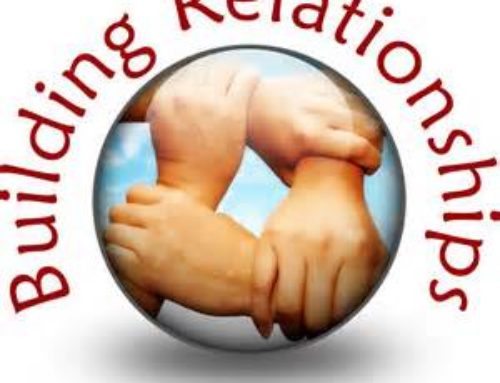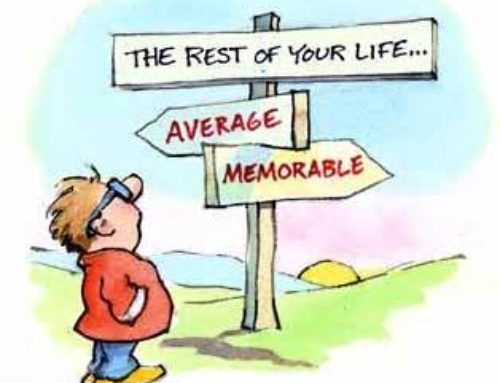 #1 of a 4-part series — The Happiness Advantage
#1 of a 4-part series — The Happiness Advantage
How would you like to have happy employees who use their full potential as they complete their tasks and meet the challenges inherent in them? The practice of positive psychology can help. While many other branches of psychology focus on dysfunction and abnormal behavior, positive psychology is centered on helping people become happier. Positive psychology is not exactly new, but in the last ten years, business has become interested in the field and managers are using its approaches.
It seems that traditional psychology, meaning psychology with its principal foundations in the 20th century, is focused on the wrong thing. In traditional psychology, measurements of subjects are made, the data is analyzed, and the results are then compared to the norm or average. Those working in the field of positive psychology suggest that this is a negative approach, one where therapists focus on a patient’s psychoses and problems. The emphasis is on something being wrong, rather than on what is right. Imagine if therapists were to first focus on all the things that are going right in your life — say the 80 to 90 percent of your life — and THEN discuss the 10 to 20 percent where matters are not so smooth.
One of the proponents of positive psychology is Shawn Achor, author of “The Happiness Advantage: The Seven Principles of Positive Psychology That Fuel Success and Performance at Work“ (ISBN 978-0-307-59154-8). Achor studied with some of the pioneers in the field of positive psychology and served as the head fellow to help design and teach the famed “happiness“ course at Harvard, which became the most popular course in 2006. In Achor’s TED speech, he describes his work using rapid fire delivery, laced with devilish humor. You can see that speech here.
Achor tells us that 90 percent of the science of long-term happiness is grounded in how we see things. The challenge of positive psychology is to change the lens through which we view our lives and the world. What are some ways we can do this? Achor suggests undertaking the “21-Day Gratitude List.“ It is quite simple: Make a grid with three columns and 21 rows, like this:
| Date | Three things for which I am grateful | Observation |
Each day, for 21 days, list 3 things for which you are grateful. As you progress and begin to see patterns, make notes in the Observation column. This exercise is designed to help you see if there is any merit to positive psychology. You will be the judge.
Achor postulates that if we can get people to have a positive focus, they will have a better attitude about their jobs. If a work group has a positive attitude, they are far more likely to find better solutions to the issues in their work.
Traditional thinking suggests that if you work hard to produce a product, you will be successful. Then, once you are successful, you will be happy. I have long held that attitude is a choice. You can choose to have a positive attitude, which has a direct impact on happiness.
While this subject applies to everyone, I want to tie it to family business. Think about the prevailing attitude in your family, and how that attitude affects the work accomplished in your family business. What would be the impact of having a family working together, all with a positive attitude? It would be wonderful! As I wrote in The Little Red Book of Family Business,
“If you regularly come home from work and exclaim, “Wow! I had a great day today,“ then go on to discuss what you did and why it was so interesting, challenging and stimulating for you, then everyone in your household will develop a positive attitude about what you do and where you do it. They might even want to help out. If, on the other hand, you regularly come home to grumble and complain about problems at work, family members might think you are a saint for going there every day, but they won’t see it as a place they want to work. Be aware that wherever you go, you are teaching attitude.“
It is imperative that families pay attention to their family culture, which can exhibit positive or negative elements. Our goal is to find ways to achieve a positive focus for each of our families.
To learn more about the history, major theories and applications of positive psychology, click here.
References: “Positive Psychology; An Introduction“
Does Your Family Business Need Help?
Family Business Matters has extensive experience assisting family businesses. With many decades of experience, we understand the wide variety of challenges that families face as they work together to build, grow and sustain a thriving family business generation after generation. Through conferences, continuing education programs, family business retreats, speaking engagements and private family business consulting services, Family Business Matters has assisted more than 450 family-owned businesses around the world chart their way through family business issues of all shapes and sizes.
Contact Us
For more information on how Family Business Matters can help your family business survive and thrive, please contact us today at (970) 948-5077.







